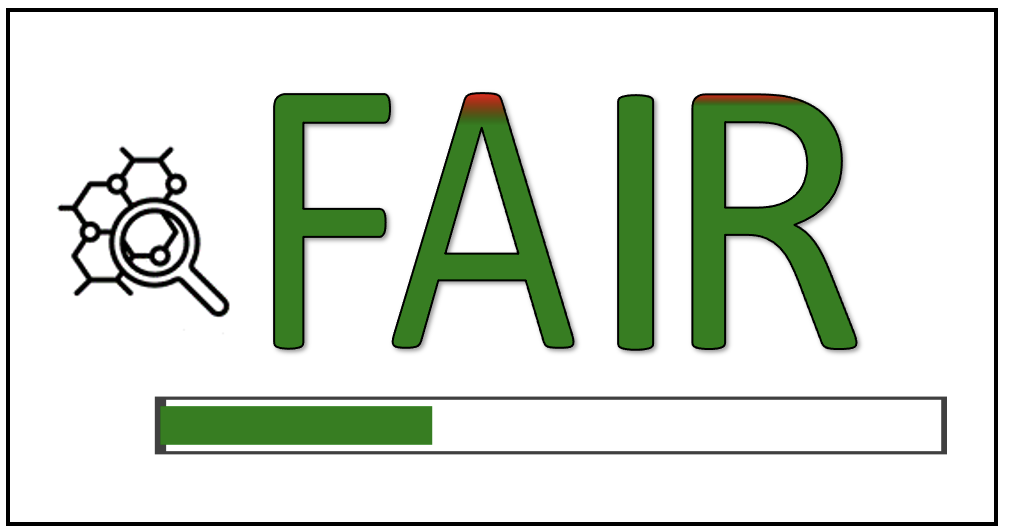Various data intensive initiatives are taking place in South Africa that will involve in the storing and describing of genomics data in various platforms. The utility of data for research and reuse is how well structured and described the data and meta-data records are as this contributes towards making data FAIR. Bioschemas (https://bioschemas.org/) aims to improve data findability and interoperability in life sciences. It does this by encouraging people in life science to use schema.org markup, so that their websites and services contain consistently structured information. This structured information then makes it easier to discover, collate and analyse distributed data. The main outcome of Bioschemas is a collection of specifications that provide guidelines to facilitate a more consistent adoption of schema.org markup within the life sciences. The course will consist of two parts, an introduction and overview of Bioschemas, current implementation cases and a second part where participants with a technical computing background and access to their repository can work on implementing bioschemas and bioschema type forms on their websites for data deposit.
People who work with the various data management initiatives and platforms in South Africa and would like to learn more about Bioschemas, and would like to incorporate Bioschemas when provisioning their services.
After this workshop participants should:
- Understand how schema.org works and the motivations for using it
- Know about Bioschemas
- Know what are relevant Bioschemas profiles for their type of resource(s)
- Have annotated (a selection of) their resources with Bioschemas
- Be able to independently continue the work at their institution to annotate all their resources
Classroom applications
Participant applications
Syllabus and Tools
The workshop will provide an overview of Bioschema.org, its approach and its principles. Focus will be on practical hands-on sessions where developers learn how to annotate their resources using BioSchemas.org specifications.
Some basic knowledge of research data management with a focus on genomics data. For the technical part of the workshop having knowledge of the data store one is working with and the ability to edit websites and pages on their data stores. Some background information can be accessed at: https://bioschemas.gitbook.io/training-portal/
This workshop provides and overview and guidance on using and implementing Bioschemas.
Training materials used for this course were not directly produced by H3ABioNet but may be accessed here: https://www.slideshare.net/NiallBeard/bioschemas-workshop. Please note, these materials may be governed by different sharing/re-use policies, and you are encouraged to follow the policies of the external providers regarding material re-use and/or sharing.





